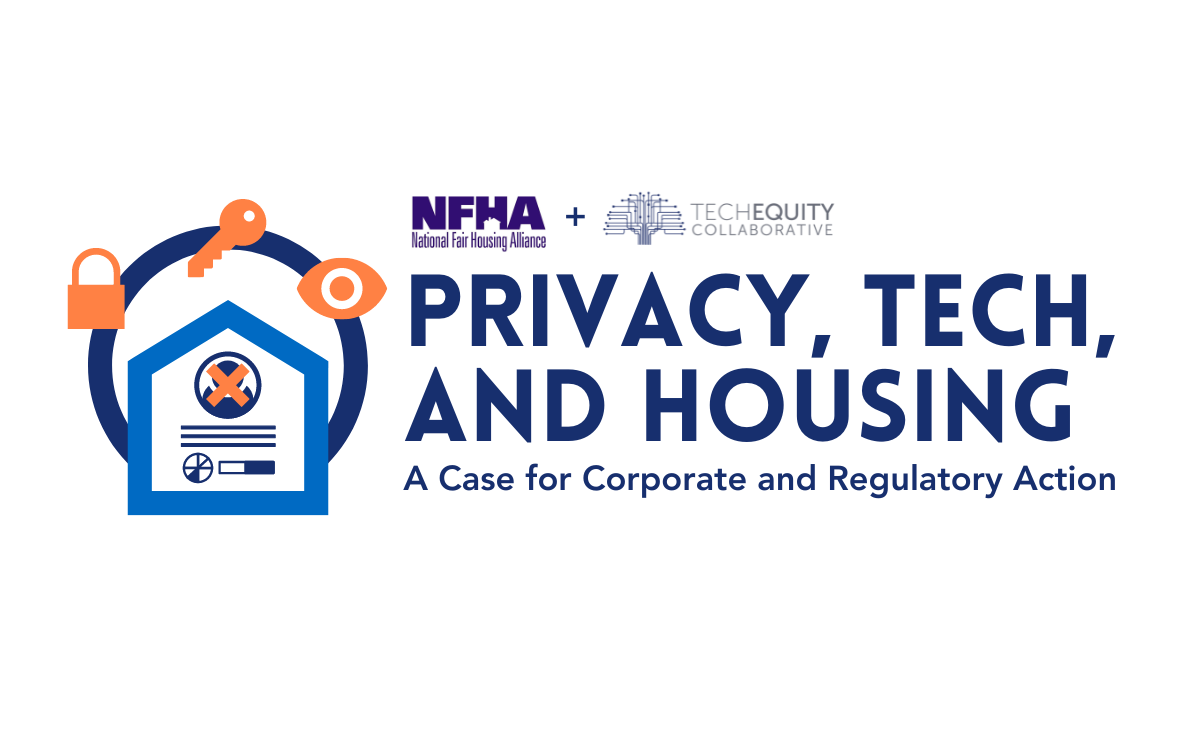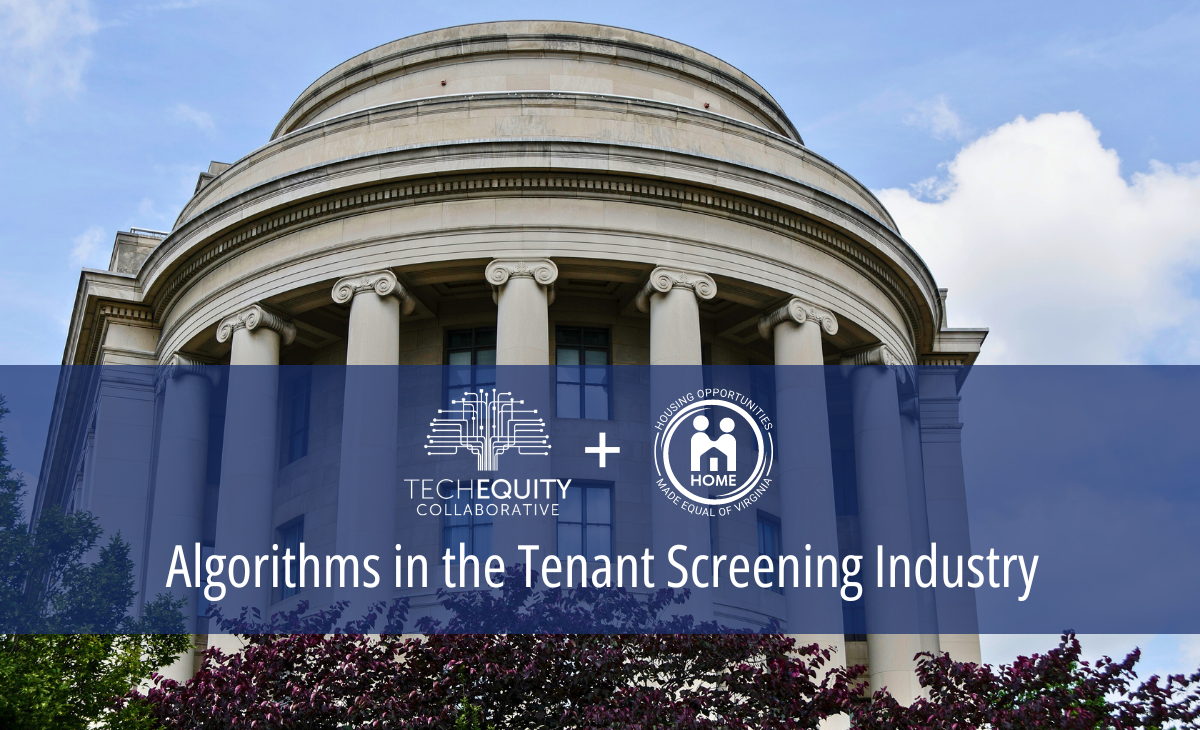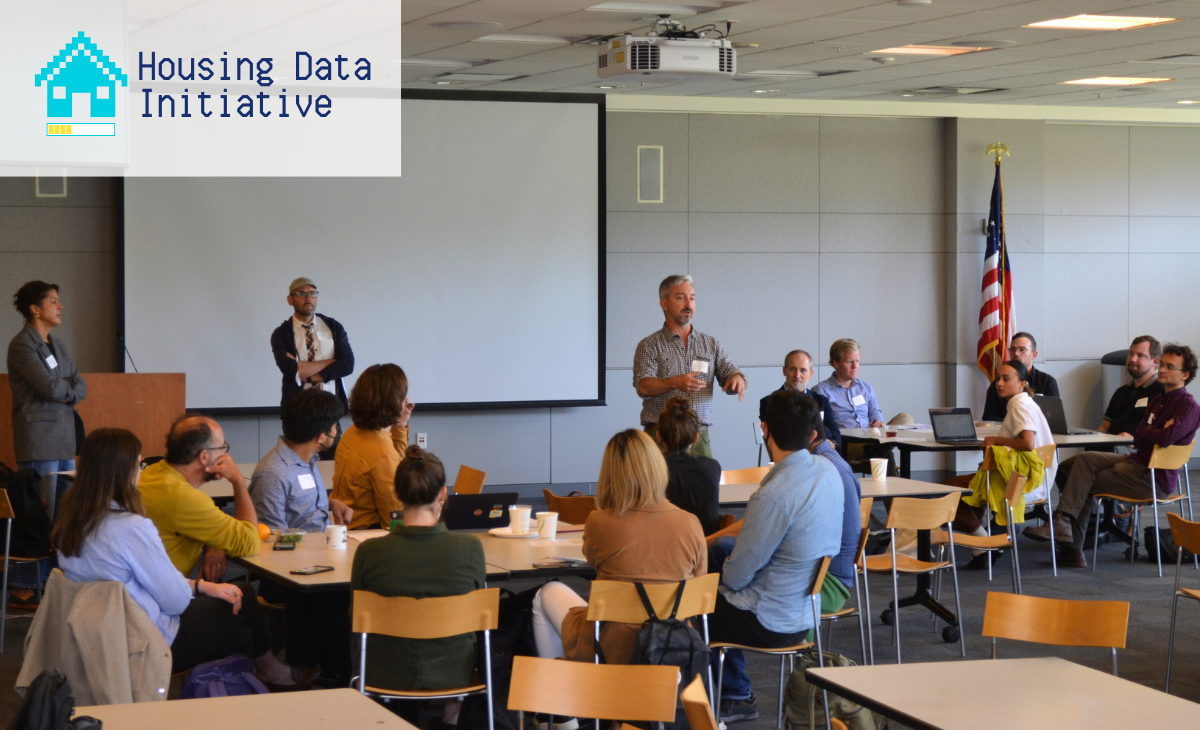What You Need to Know About COPA/TOPA

We all deserve a safe, affordable place to call home. But that fundamental necessity is getting harder and harder to secure for families across the country.
Private equity and venture capital-backed companies are buying up homes at a mass scale and renting them out to the very people whom they have priced out of the market. Tech is enabling this emerging class of corporate landlords, allowing them to rapidly scale by automating property management, home flipping, rent setting, and other key aspects of the housing market. So how do we counter this tech-driven financialization of the housing market?
In addition to regulation and transparency around these corporate actors, we need policies that will reclaim housing and take it out of the investment game. One such policy has been gaining traction in cities across the Bay Area and across the country: COPA/TOPA, or Community/Tenant Opportunity to Purchase Acts. If passed, these policies could move housing out of the hands of corporations and investors and into the hands of tenants and community members—permanently.
In this blog, we break down what COPA/TOPA is, how local campaigns across the Bay Area are shaping up, and what you can do to make them become reality.
What is COPA/TOPA?
COPA stands for “Community Opportunity to Purchase Act,” and TOPA stands for “Tenant Opportunity to Purchase Act.” In buildings where a TOPA policy is enacted, tenants receive early notice that the landlord is intending to sell the property. Tenants then are offered a right to purchase the property directly from the landlord. The same applies for COPA, but with housing nonprofits; when a building is up for sale, qualifying nonprofits will get the right of first offer and/or the right of first refusal to buy the building and turn it into permanently affordable housing.
COPA and TOPA are unique pathways to help low-income families and people of color take ownership of housing. By allowing tenants and housing nonprofits to make offers first, COPA/TOPA help preserve existing affordable housing and ensure it remains affordable to the people living there.
COPA/TOPA in Action
Currently, there are two major cities that have a COPA/TOPA policy: Washington D.C. and San Francisco. D.C. established its TOPA in 1980, the first of its kind in the country. San Francisco followed suit nearly forty years later in 2019, opting for a COPA so nonprofits could purchase buildings and maintain their affordability for residents. This article breaks down the difference in their policies and how they’ve played out over the years.
In recent years, we’ve seen growing interest in COPA/TOPA in cities across the country and especially in the Bay Area. Read on to learn about key campaigns to establish COPA/TOPA in San José and Berkeley.
COPA in San José
The effort to develop and pass a COPA policy in the most populous city in the Bay Area began with the Housing Department’s development of a local anti-displacement strategy at the end of 2018. San José is demographically and socio-economically diverse, with large Latinx and Vietnamese communities who have especially struggled with displacement pressures as housing costs in the area have skyrocketed and working-class wages have stagnated. Homelessness has also emerged as a growing issue for the City, in part as high housing costs displace existing residents and families.
As the City’s anti-displacement strategy took shape in 2019, one of the highest priority anti-displacement strategies identified by the local grassroots advocacy groups was to explore a COPA policy that could help keep tenants in place as properties change hands.
These groups included SOMOS Mayfair, a Latinx-serving organizing group and direct service provider in San José’s Mayfair neighborhood. SOMOS Mayfair pushed to make an “exploration of a Community Opportunity to Purchase program,” or COPA, one of the first items featured in the City Council-approved Anti-Displacement Strategy in August 2020.
How COPA addresses displacement in San José?
Over the last two decades as rents in San José have steadily ticked upward, the area has also seen a growth in the share of properties that are owned by investors. The chart below shows that the share of houses, small (2-4 unit) apartment buildings, townhomes, and condos owned by investors in the San José metro area quadrupled in two decades, growing from about 4% in 2000 to 15% today.
In acknowledgment of the fact that the current real estate playing field is tilted towards investors, a key goal of COPA is to level the playing field for nonprofit housing organizations. The policy would not only provide a right for nonprofits to make a first offer on apartment buildings with two or more units, but would also ensure that nonprofits would have an adequate amount of time to make a fair market value offer. This would make it significantly easier for nonprofits to compete with multi-family investors, who can often quickly purchase properties in cash.
After an acquisition via COPA, affordable housing nonprofits would be required to ensure that rents remain permanently affordable to existing renter families. For renter families who were already housing cost-burdened, this could mean that their rents actually go down so that they are paying a maximum of 30% of their income towards rent. As a result, the policy would result in long-term housing stability for a significant number of renter families.
While the impact of the program will scale with local and statewide funding allocations, it is estimated that within the next ten years COPA could convert 375 rental homes per year in San José into permanently affordable homes managed by nonprofits. COPA additionally allows for alternative ownership models like limited equity cooperatives to acquire existing buildings, meaning that renter families who were at risk of displacement would have an opportunity to co-own and co-govern their own building.
TOPA in Berkeley
Berkeley, on the other hand, opted for a TOPA policy. The organizers in Berkeley want as much of a tenant-centered policy as possible—here tenants have the power to make decisions when their property goes up for sale and also have the possibility for ownership if they so choose. According to organizers behind Yes To TOPA, tenant agency, empowerment, and support is key to Berkeley’s policy.
Berkeley’s TOPA policy tries to get the best of both worlds: it gives tenants the first right of offer and the ability to transfer their right to a qualified organization. If tenants choose not to make an offer, qualified organizations have a second right of offer with a very short time window. You can think of it as TOPA first, COPA second. According to the organizers, Berkeley’s TOPA is currently the most tenant-centered policy that has been introduced in the state of California.
Beating the Corporate All-Cash Offer
As with San José’s COPA policy, Berkeley’s TOPA policy extends timelines to purchase certain properties. The rapid rate of Berkeley home sales, coupled with high offers, results in exceedingly fast bidding wars that privilege all-cash investors over buyers using conventional financing. These challenges make it nearly impossible for moderate-income tenants, first-time buyers, and affordable housing developers to purchase property and maintain it as affordable. The timelines in Berkeley’s proposed TOPA are designed to give tenants reasonable time to organize, submit an offer, secure financing, and close a deal, while also taking into account sellers’ needs.
What can you do today?
In the face of an increasingly corporatized housing market, we need bold policies that prioritize the needs of the people living in their homes. Policies like COPA are a unique way to reclaim housing for the residents and shift housing stock back into the hands of our communities. Tech workers from all over can support policies like COPA in San José and TOPA in Berkeley by showing up.
In the next couple of months, the city of San José will be voting on whether or not to implement a COPA policy. The best thing you can do right now is sign on to join hundreds of other tech workers who are advocating for more equitable housing policy solutions.
Sign on to support COPA/TOPA
Sign on here to support Community/Tenant Opportunity to Purchase Agreements in your city.
"*" indicates required fields





